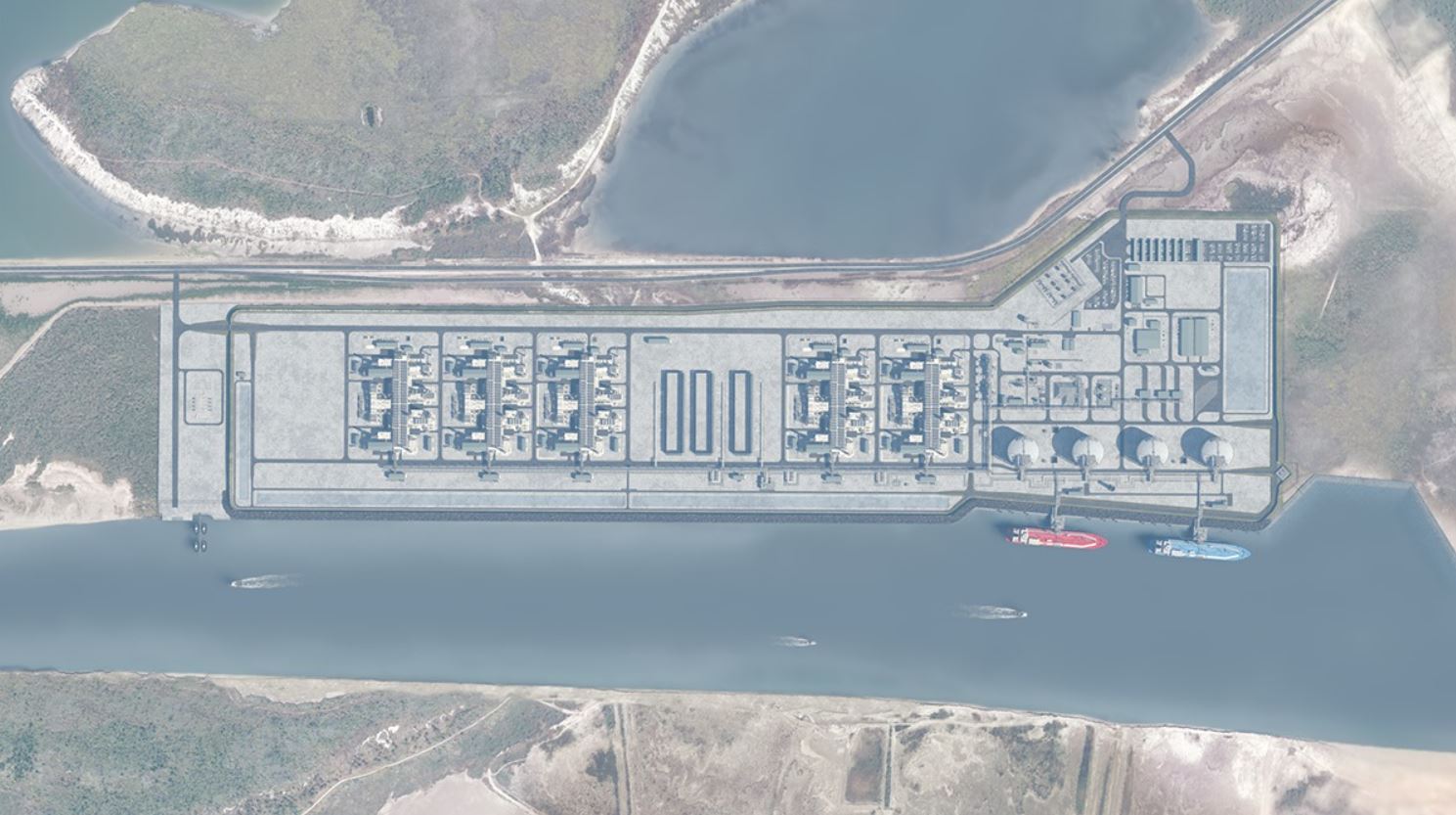US liquefaction plant developer NextDecade is scrapping plans to build the Galveston Bay LNG terminal after it completed an evaluation of the proposed site in Texas City.
The Houston-based firm said in a statement it determined that the site is not suitable for development of an LNG facility and related infrastructure and utilities.
The US Army Corps of Engineers in Galveston told the firm that a portion of the Galveston Bay LNG site is under federal navigation servitude. The site serves as an active dredged material placement area for the Texas City ship channel federal project.
NextDecade says the Galveston Bay LNG project cannot be constructed without USACE requesting that Congress – via the water resources development act or other legislation – authorize the release of its constitutional right of navigation servitude over this DMPA.
On account of the potential for prolonged uncertainty around the prospect of release of federal navigation servitude by USACE, NextDecade has elected to forfeit the Galveston Bay LNG site and will no longer make lease payments to the site’s landholders, including Texas City, it said.
Additionally, NextDecade has informed the Federal Energy Regulatory Commission of its intent to withdraw Galveston Bay LNG from pre-filing proceedings and cease all related activities.
The company has also requested that the US Department of Energy terminate its June 2018 authorization for export of LNG from the project.
NextDecade planned to build three liquefaction trains with a production capacity of up to about 5.5 million tonnes per annum of LNG, each.
No impact on Rio Grande LNG as NextDecade targets FID this year
NextDecade says the circumstances of Galveston Bay LNG have no impact on its Rio Grande LNG project in the Port of Brownsville, where “late-stage development activities” are ongoing.
The project includes five trains for a total capacity of 27 million tonnes per year.
Moreover, the firm continues to work on remaining commercial agreements needed to achieve a final investment decision on the LNG project in 2021, it said.
“While it is unfortunate that the Galveston Bay LNG site is not viable for large-scale infrastructure development, this determination only further enhances the value of – and the need for – NextDecade’s world-class Rio Grande LNG project in the Port of Brownsville,” NextDecade chief Matt Schatzman, said.
He added that NextDecade continues to focus on delivering Rio Grande LNG, the “largest export solution linking Permian Basin and Eagle Ford Shale natural gas to the rapidly tightening global LNG market.”

